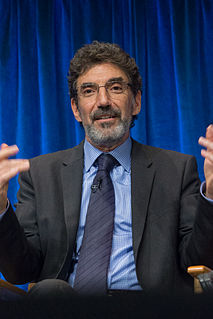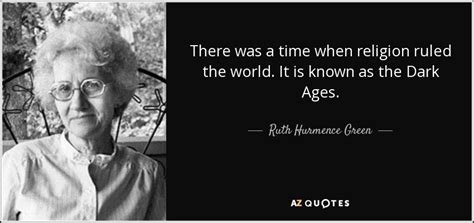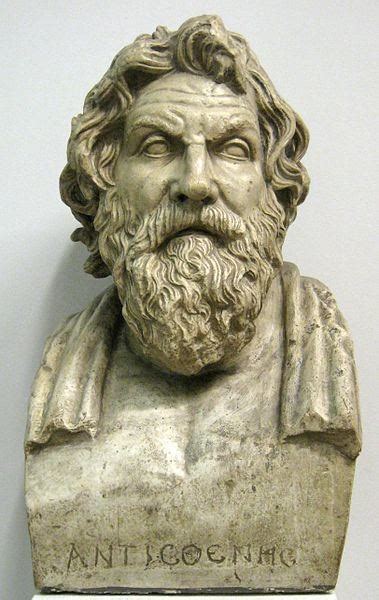A Quote by Aristotle
A courageous person is one who faces fearful things as he ought and as reason directs for the sake of what is noble.
Related Quotes
One of the things is when you think, "Wait, I'm fearful of retaliation, I'm fearful of oppression because of someone who is going into a public office, who might be vengeful for their own personal reasons, that's actually not a reason to hide - that's a reason to step up, right?"This is part of what we learned from the 1920s.
All men, or most men, wish what is noble but choose what is profitable; and while it is noble to render a service not with an eye to receiving one in return, it is profitable to receive one. One ought therefore, if one can, to return the equivalent of services received, and to do so willingly; for one ought not to make a man one's friend if one is unwilling to return his favors.
I believe I've spent my life expecting people to behave in a certain way. I believe that when they didn't behave according to my expectations, I became angry, sad, confused and occasionally fearful. I believe these expectations are the reason I've been angry, sad, confused and occasionally fearful more than I care to admit. As a result, I now believe my expectations are the real problem. I believe that everyone has this very same problem, and they ought to start acting accordingly.
I am pleased as punch no longer to believe in a god who declares reason a sin, who will not choose many noble and great and wise things but has chosen the base things of the world, the foolish things, the weak things and the things which are not. A god who can choose his companions in eternity and prefers Jerry Falwell and Tammy Bakker over Albert Einstein and Marie Curie. I am no longer a fool for Christ's sake. And I have no more desire to be a sheep than to be a fool. It is possible to pull out justification for imposing your will on others, simply by calling your will God's will.
Bravery is a mean state concerned with things that inspire confidence and with things fearful ... and leading us to choose danger and to face it, either because to do so is noble, or because not to do so is base. But to court death as an escape from poverty, or from love, or from some grievous pain, is no proof of bravery, but rather of cowardice.
Our visual cortexes are wired to quickly recognize faces and then quickly subtract massive amounts of detail from them, zeroing in on their essential message: Is this person happy? Angry? Fearful? Individual faces may vary greatly, but a smirk on one is a lot like a smirk on another. Smirks are conceptual, not pictorial. Our brains are like cartoonists - and cartoonists are like our brains, simplifying and exaggerating, subordinating facial detail to abstract comic concepts.
Unless one believes in a superhuman reason which directs evolution, one is bound to believe in a reason inherent in humanity, a motive power transcending that of each separate people, just as the power of the organism transcends that of the organ. This reason increases in proportion as the unity of mankind becomes established.








































